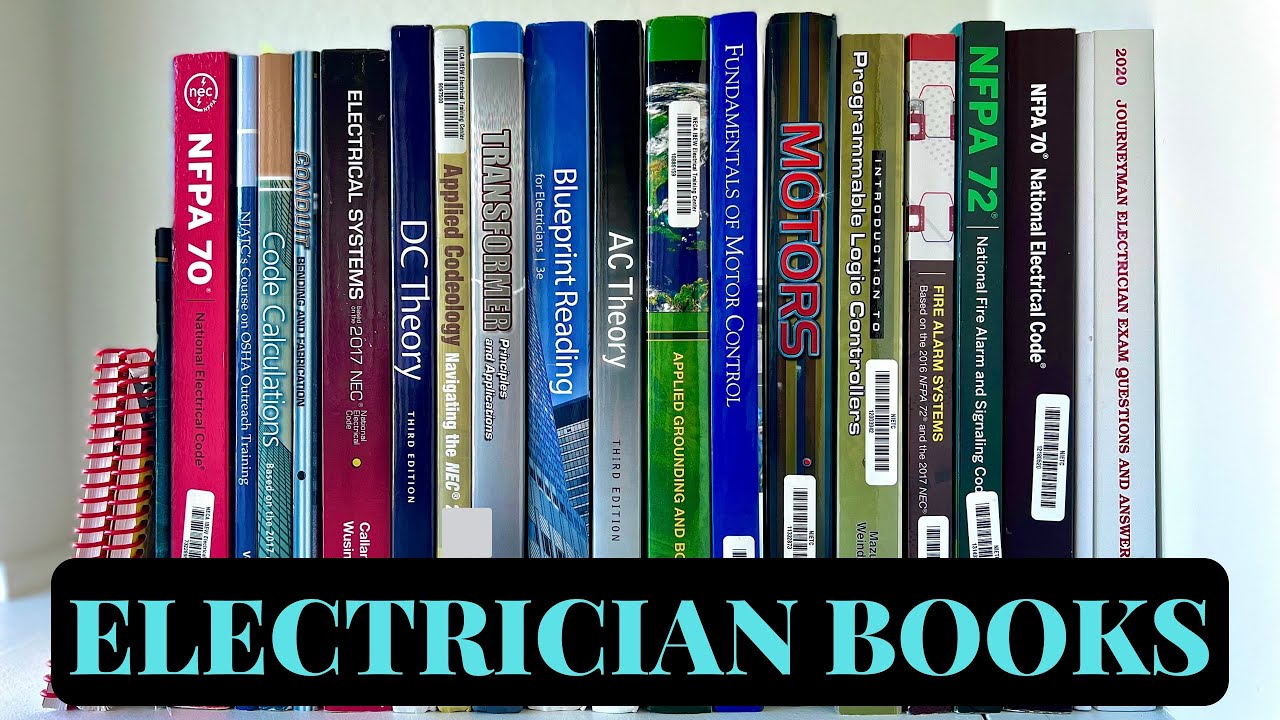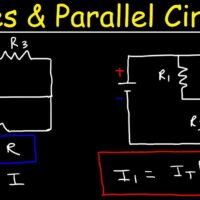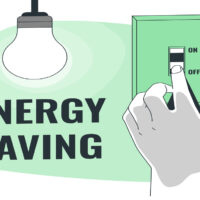Electrician textbooks provide essential knowledge for aspiring electricians. They cover topics like wiring, safety protocols, and electrical theory.
Electrician textbooks are vital for anyone pursuing a career in the electrical field. These books offer comprehensive coverage of critical subjects, including electrical circuits, wiring systems, and safety standards. They help students understand complex concepts with clear explanations and diagrams.
High-quality textbooks also include practical exercises and real-world examples, making learning more effective. With the right textbooks, aspiring electricians can gain the foundational knowledge needed for certifications and career success. Whether studying independently or in a classroom, these books are indispensable resources for mastering the trade.
Introduction To Electrical Work
Electrician textbooks are your gateway to the world of electrical work. They offer foundational knowledge crucial for any aspiring electrician. Understanding the basics is the first step in this exciting journey.
Basics Of Electricity
Electricity is the flow of electric charge. It powers our homes and gadgets.
- Voltage: The force that pushes electric charge.
- Current: The flow rate of electric charge.
- Resistance: The opposition to the flow of charge.
Understanding these concepts is vital. They form the backbone of electrical work.
Safety Precautions
Safety is the most important aspect of electrical work. Proper precautions prevent accidents.
- Turn Off Power: Always switch off the power before starting.
- Use Insulated Tools: Insulated tools protect you from electric shocks.
- Wear Safety Gear: Gloves and goggles are essential.
- Avoid Water: Never work with electricity near water.
Following these safety tips can save lives. Always prioritize safety over speed.
Fundamental Electrical Theory
Understanding the fundamental electrical theory is crucial for aspiring electricians. This section covers the basics that every electrician needs to know. It’s the foundation upon which all other electrical knowledge is built.
Ohm’s Law
Ohm’s Law is a fundamental concept in electrical theory. It defines the relationship between voltage, current, and resistance in an electrical circuit. This law is essential for calculating electrical values.
The formula for Ohm’s Law is:
V = I Rwhere:
- V is Voltage
- I is Current
- R is Resistance
Understanding this equation helps solve many electrical problems. For example, if you know the current and resistance, you can find the voltage.
Circuit Theory
Circuit Theory involves studying how electrical components interact in a circuit. This includes resistors, capacitors, inductors, and more. Knowing how these components work together is key.
There are two types of circuits:
- Series Circuits: Components are connected end-to-end.
- Parallel Circuits: Components are connected across the same voltage source.
In a series circuit, the current is the same through all components. In a parallel circuit, the voltage is the same across all components. Understanding these principles is vital for designing and troubleshooting circuits.
| Component | Function |
|---|---|
| Resistor | Limits the flow of current. |
| Capacitor | Stores electrical energy. |
| Inductor | Stores energy in a magnetic field. |
Understanding these components and their functions is essential for electricians. It helps in creating efficient and safe electrical systems.
Wiring And Installation
Electrician textbooks cover a wide range of topics. Wiring and installation are crucial parts. Understanding wiring types and installation techniques ensures safe electrical systems.
Types Of Wiring
Different wiring types exist for various uses. Each has unique properties and applications. Common wiring types include:
- Non-Metallic Sheathed Cable (NM): Used in residential wiring. It has a plastic jacket.
- Underground Feeder Cable (UF): Suitable for underground installations. It resists moisture.
- Armored Cable (AC): Often used in commercial settings. It has a metal sheath.
- Coaxial Cable: Transmits TV and internet signals. It has a central conductor.
- Ethernet Cable: Connects computers and network devices. It supports fast data transfer.
Installation Techniques
Proper installation techniques are vital for safety. Electrician textbooks detail these techniques. Here are key methods:
- Planning the Circuit: Map out the circuit layout. Identify all connections and outlets.
- Measuring and Cutting: Measure the wire length accurately. Cut the wire to the required size.
- Stripping Insulation: Use wire strippers. Remove the insulation without damaging the wire.
- Connecting Wires: Twist wires together. Secure with wire nuts or connectors.
- Securing Wiring: Attach wires to walls or studs. Use appropriate clips or staples.
- Testing the Circuit: Use a multimeter. Ensure the circuit functions correctly and safely.
| Wiring Type | Common Uses |
|---|---|
| Non-Metallic Sheathed Cable (NM) | Residential wiring |
| Underground Feeder Cable (UF) | Underground installations |
| Armored Cable (AC) | Commercial settings |
| Coaxial Cable | TV and internet |
| Ethernet Cable | Network connections |
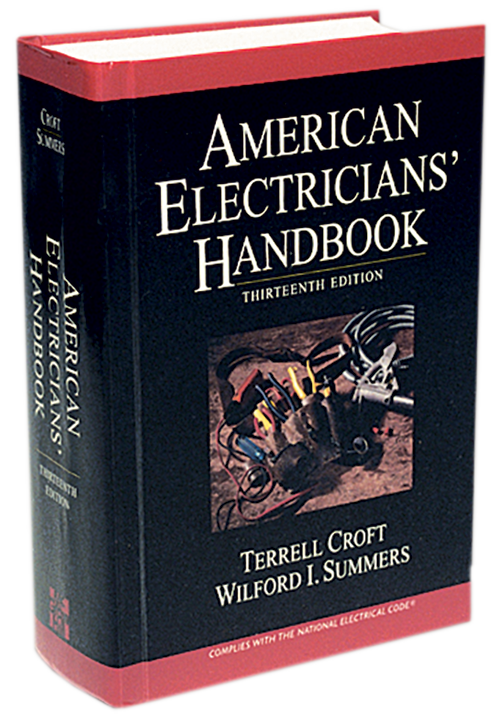
Credit: www.bashlin.com
Electrical Codes And Standards
Understanding Electrical Codes and Standards is crucial for every electrician. These codes ensure safety and efficiency in electrical systems. Electrician textbooks cover these codes in detail. They help electricians comply with regulations and avoid hazards.
National Electrical Code
The National Electrical Code (NEC) is a set of guidelines. It is published by the National Fire Protection Association (NFPA). The NEC is updated every three years. It sets the foundation for electrical safety in the United States.
Electrician textbooks explain the NEC in simple terms. They cover essential topics like:
- Wiring methods
- Grounding and bonding
- Overcurrent protection
- Safety standards
Understanding the NEC helps electricians install safe electrical systems. It also ensures compliance with national standards.
Local Regulations
Besides the NEC, electricians must follow local regulations. These rules vary by city, county, or state. Local regulations can be stricter than the NEC.
Electrician textbooks provide insights into local rules. They guide electricians on how to adapt their work to meet these standards. Key areas influenced by local regulations include:
- Permit requirements
- Inspection processes
- Specific safety protocols
- Environmental considerations
Staying informed about local regulations ensures compliance. It also helps in avoiding legal issues and fines. Electrician textbooks are essential resources for this knowledge.
Tools And Equipment
Electricians need the right tools and equipment to do their job well. This section covers the essential tools and maintenance tips you will find in electrician textbooks. Knowing your tools can make your work easier and safer.
Essential Tools
Electrician textbooks often list essential tools. These tools help you get your job done right. Here are some must-have tools:
- Multimeter: Measures voltage, current, and resistance.
- Wire Strippers: Remove insulation from wires.
- Pliers: Useful for gripping and cutting wires.
- Screwdrivers: Essential for fastening and loosening screws.
- Voltage Tester: Checks if a wire has current.
Maintenance Tips
Maintaining your tools ensures they last long and work well. Here are some maintenance tips:
- Clean Tools: Wipe tools after each use.
- Inspect Regularly: Check for wear and tear.
- Store Properly: Keep tools in a dry place.
- Sharpen Blades: Keep cutting tools sharp.
- Lubricate Moving Parts: Use oil for smooth operation.
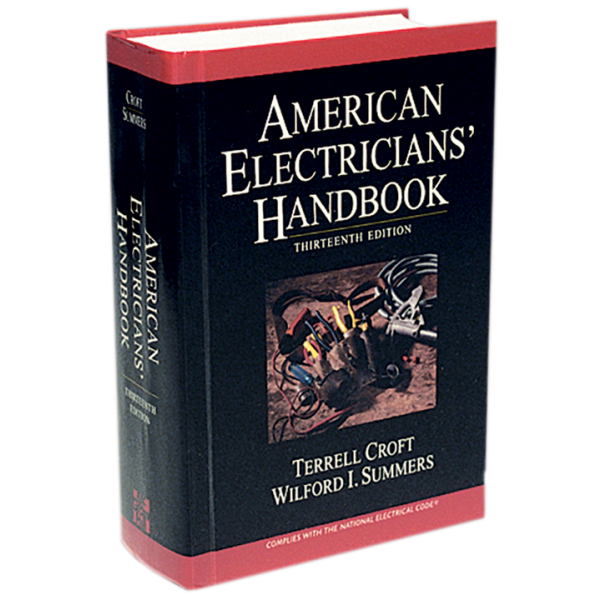
Credit: www.bashlin.com
Troubleshooting And Repair
Electrician textbooks often cover troubleshooting and repair extensively. These skills are vital for any electrician. Understanding common issues and diagnostic techniques can save time and ensure safety.
Common Issues
Electrician textbooks list many common electrical problems. Some of these issues include:
- Tripped circuit breakers
- Faulty wiring
- Dead outlets
- Flickering lights
- Overloaded circuits
Tripped circuit breakers often indicate an overload or short circuit. Faulty wiring can lead to various issues, including fires. Dead outlets may be due to a tripped breaker or bad wiring. Flickering lights can result from loose connections. Overloaded circuits are a common cause of frequent breaker trips.
Diagnostic Techniques
Diagnosing electrical problems requires specific tools and techniques. Electrician textbooks recommend using the following methods:
- Visual inspections
- Multimeter tests
- Continuity tests
- Voltage checks
- Amperage readings
Visual inspections help identify obvious issues like exposed wires. Multimeter tests measure voltage, current, and resistance. Continuity tests check if a circuit is complete. Voltage checks ensure outlets and circuits have proper voltage. Amperage readings help determine the current flowing through a circuit.
Advanced Electrical Systems
Electrician textbooks are critical tools for mastering advanced electrical systems. These books cover emerging technologies and innovative solutions. This section explores two key areas: Renewable Energy Systems and Smart Home Technology.
Renewable Energy Systems
Electrician textbooks now include renewable energy systems. These systems use resources like the sun, wind, and water. Learning about these systems is crucial for modern electricians.
- Solar Panels: Convert sunlight into electrical energy.
- Wind Turbines: Generate power from wind movement.
- Hydroelectric Systems: Use water flow to produce electricity.
Understanding these technologies helps electricians install and maintain them. This knowledge is valuable in today’s green energy market.
Smart Home Technology
Smart home technology is another exciting topic in electrician textbooks. This technology makes homes more efficient and convenient. Electricians need to know how to install and troubleshoot these systems.
| Technology | Function |
|---|---|
| Smart Thermostats | Control heating and cooling remotely. |
| Smart Lighting | Adjust lighting through voice or apps. |
| Security Systems | Monitor and secure homes via mobile devices. |
Electricians must stay updated with these technologies. This knowledge enhances their skills and marketability.
Career Development
Electrician textbooks are essential for a successful career in electrical work. They provide the foundation for skills and knowledge. These books support career growth in various ways.
Certification Process
Certification is a critical step in an electrician’s career. Electrician textbooks cover the certification process in detail. They explain the requirements for different certifications.
| Certification | Requirements |
|---|---|
| Journeyman | Complete apprenticeship, pass a test |
| Master Electrician | Experience, pass a rigorous test |
Books include practice tests and study guides. They help students prepare for exams. A good textbook explains electrical codes and standards. This knowledge is crucial for passing certification tests.
Continuing Education
Continuing education keeps electricians updated. New technologies and methods evolve constantly. Electrician textbooks offer information on these updates.
- Latest electrical codes
- New tools and equipment
- Advanced electrical techniques
These books help electricians stay current in their field. They also provide instructions for advanced skills. Electricians can learn about solar power, smart homes, and more.
Continuing education is often required for license renewal. Electrician textbooks ensure professionals meet these requirements. They provide valuable resources for lifelong learning.
Recommended Textbooks
Choosing the right textbooks is crucial for electricians. These books provide essential knowledge and skills. Here are our top recommendations.
Top Picks
- Electrical Wiring Residential by Ray C. Mullin
- Ugly’s Electrical References by Charles R. Miller
- Electrical Systems Design by M.K. Giridharan
Why They Matter
These textbooks cover various essential topics:
| Book Title | Key Topics |
|---|---|
| Electrical Wiring Residential | Basic wiring, safety codes, and residential systems |
| Ugly’s Electrical References | Codes, formulas, and quick reference charts |
| Electrical Systems Design | System design, installation, and maintenance |
These books are essential for every electrician. They provide knowledge and skills needed in the field.

Credit: www.youtube.com
Frequently Asked Questions
What Are The Best Electrician Textbooks?
The best electrician textbooks include “Electrical Wiring Residential” by Ray C. Mullin and “Electrical Principles” by Peter Phillips. These books offer comprehensive coverage and practical insights.
Where To Buy Electrician Textbooks?
You can buy electrician textbooks on Amazon, eBay, and specialized bookstores. Many universities also sell them through their campus stores.
How To Choose An Electrician Textbook?
Choose an electrician textbook based on your learning needs, course requirements, and author credibility. Look for updated editions and positive reviews.
Are There Online Versions Of Electrician Textbooks?
Yes, many electrician textbooks are available in digital formats. Websites like Amazon Kindle, Google Books, and academic publishers offer eBooks.
Conclusion
Electrician textbooks are essential for mastering the trade. They provide valuable knowledge and practical skills. Investing in these resources ensures a successful career. Stay ahead by continually updating your learning materials. Choose the right textbooks to excel in your electrical journey.
Your future as a skilled electrician starts with the right education.

